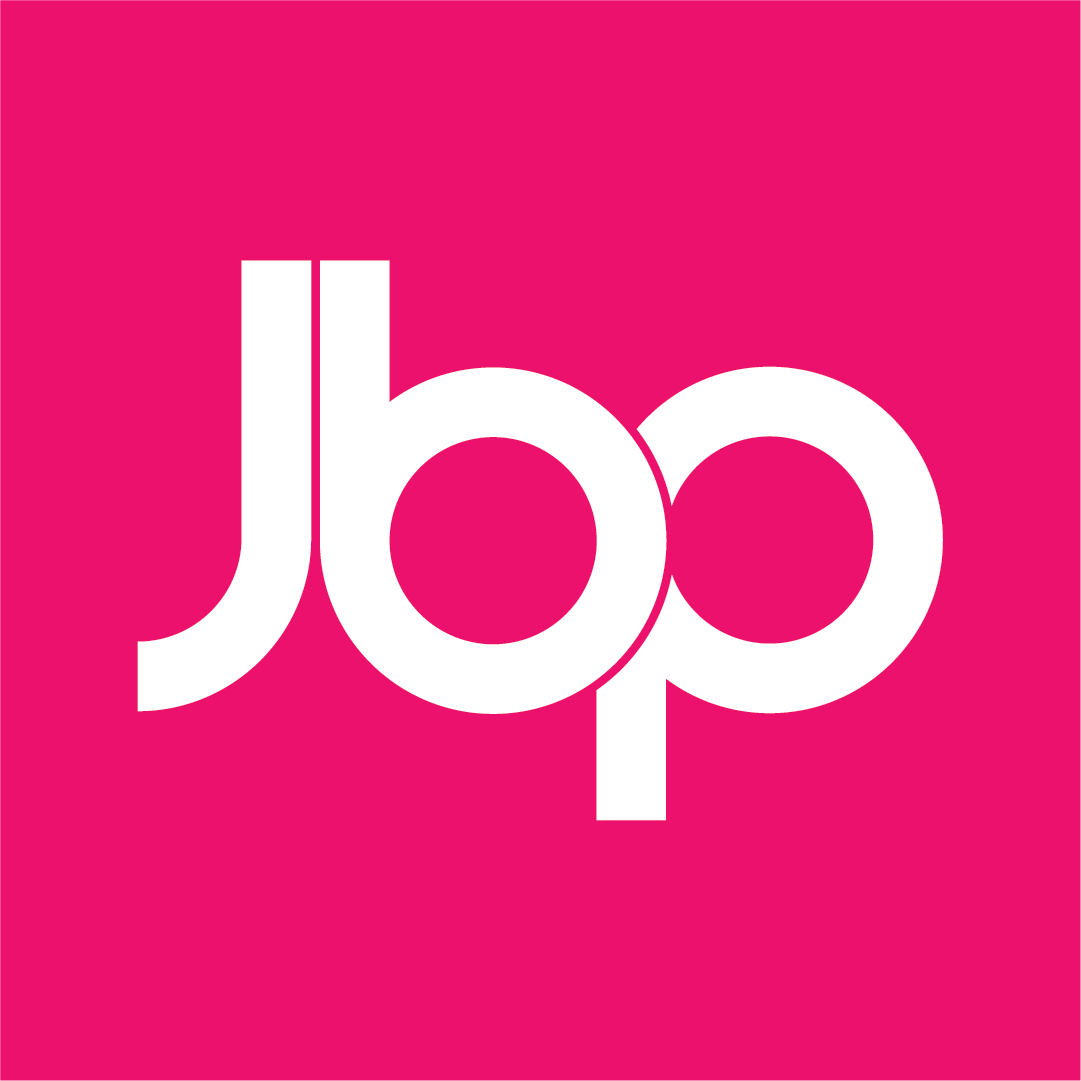Pretty much every business and every industry have, in some way, been impacted by the Covid-19 pandemic. Admittedly some more than others, but for many in the world of PR, the last 18 or so months has been an opportunity to recalibrate and rethink the business model.
At JBP we had already begun the transition ahead of the lockdown, aware that the way we worked needed to change. First ensuring everyone was able to work remotely, adopting new technology and then working to create solutions and new propositions for our clients to enable them to achieve their strategic objectives.
The shock and disruption of the Covid-19 pandemic certainly helped identify the threats that agencies might face in the future, but has also highlighted new opportunities, provided businesses capitalise on harnessing digital capabilities and navigating unfamiliar challenges.
Post the pandemic we are unlikely to see our employees back in the office 9 am to 5:30 pm Monday to Friday, but instead, they will have more freedom to choose how and where they work. The Hybrid working model is here to stay, balancing time in the office with working remotely.
An opportunity to reflect
Agencies, ourselves included, have had to take a long hard look at how they work, where they work, the talent they employ and the culture within the organisation. Strategically streamlining operations, prudently reducing costs, and building a sustainable model as we navigate the new norm and prepare for recovery.
For many, efforts have been concentrated on repositioning the business for when they finally come out the other side and have been busy laying the foundations needed to emerge stronger.
To be able to do this, agencies are encouraged to think and act differently, to innovate and to reinvent themselves ahead of the recovery. The pandemic has brought into sharp focus how the communications landscape has dramatically changed and that it will continue to further evolve going forward.

Evolving business through innovation
To survive in an uncertain and fast-changing world, organisations will need to reimagine their businesses, innovate at speed, and keep pace with technological and industry changes. This is nothing new but is now happening at a pace far quicker than some will be used to.
A decade ago, there were no “digital” or “traditional” PR agencies, there were only PR agencies. As time went on, some agencies embraced the opportunities digital had to offer and evolved into full digital agencies. The others were left behind and became known as “traditional” agencies, respected for their knowledge and contacts, but not well prepared for the future and missing out on opportunities that previously they might have expected to benefit from.
Since the digital revolution, PR has been forced to adapt. As well as hiring new talent at JBP, we’ve built on our traditional offer to grasp the digital opportunities: digital marketing, SEO and digital design to name just some of the services we now offer. While still, of course, offering high-level comms, informed by digital analytics and insight research.
What has remained consistent is the need for unique quality content, which is still the vital component of any successful PR campaign – online or offline.
What does PR look like in the future?
Previously a traditional PR agency’s focus was typically offline visibility, mainly involving the distribution of press releases, stakeholder engagement, press conferences and events usually playing a big part too. Traditional PR agencies conveyed information to a wide audience, without much feedback, and the communication was one-way.
Today press releases are no longer the foolproof PR tool and thanks to the digital age and especially social media, communication is a conversation. Clients are looking for structured propositions that go beyond traditional PR.
Press releases are being replaced by infographics, blogs, vlogs, videos, and in-house interviews. Stakeholder engagement is as much about digital interaction as it is about hosting stakeholder events. And digital content and social media is a huge driver for political lobbying.
And of course, the war for securing the best talent is rapidly heating up, all the more reason why agencies must create an environment where people are motivated to learn, to think creatively and where innovation is celebrated and not stifled.
Agencies/Consultancies that are winning post the pandemic will do so because they understand the online world. The pandemic has further accelerated the need for agencies and communication consultancies to adapt to incorporate digital marketing activities. If they haven’t, they will soon; if they don’t, they will be out of business soon.
Exciting & challenging times ahead!

